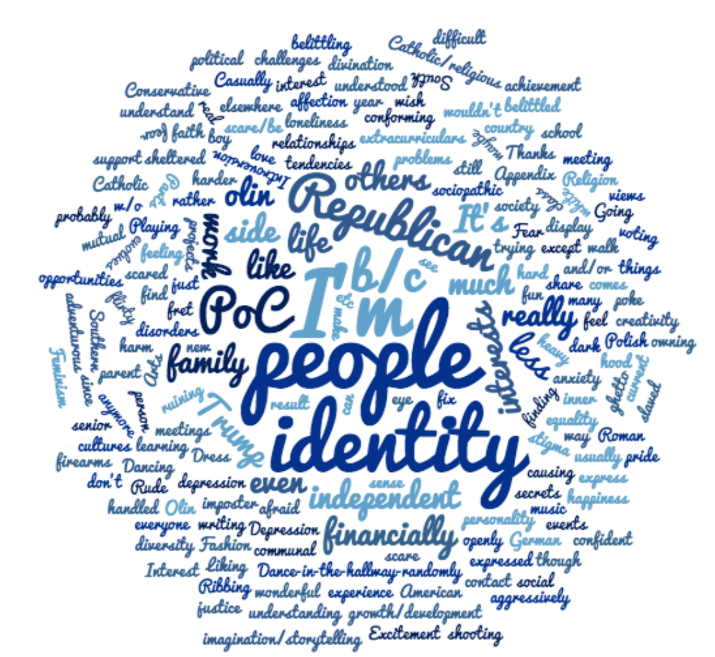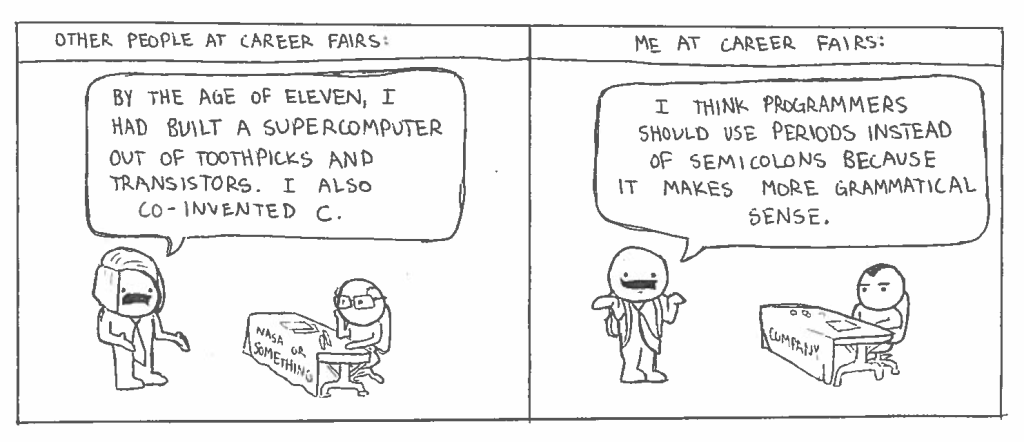What does the Honor Board even do? Some people think that when a case happens, the Honor Board has the power to decide what the sanctions are. That isn’t what actually occurs. The Honor Board’s role in cases is closer to mediators than adjudicators. Honor Board members are involved in collecting information for a case and handling the logistics, but we do not actually have any decision-making power. Determination of responsibility and of sanctions is decided by the Hearing Panel, a group of four students selected from a larger pool of trained students (although this semester’s pool isn’t as large as they tend to be (plug: get trained!)). Additionally, there are checks in the Panel selection process and sanction implementation process, so the idea of either the Board or the Panel having too much power doesn’t hold water. Still, it’s understandable that some people are skeptical and distrustful of the Honor Board. If your experience with the Honor Board is interacting with us for cases, and especially if you are unhappy with how the case was handled, then you’ll have a very particular perception of the Honor Board.
The Honor Board has been trying, for many semesters, to become more involved in the everyday lives of students. We want to become approachable to the student body as a whole. Rather than only being needed in times of crisis, the Honor Board should be a place for students to turn to no matter the circumstances. We are a living breathing organization and as such, we want to reevaluate our role on campus and what we can give to the student body. To achieve this end, this semester we decided on the goal to “position the Honor Board as supporters of inclusion” on campus.
As you may have noticed, the Honor Board earlier this semester put out a box asking students what parts of their identity they feel they can’t show on campus. From those responses, we grouped several similar ones into larger categories and then showed the breakdown of those categories in a pie chart shown in the dining hall. We also created a word cloud of the responses, which you can see below:

This chart represents our 52 responses. We noticed a trend of students feeling that they could not share their conservatism, religious beliefs, national identity, and introversion, to name a few. Many students also expressed how their identity has changed since arriving at Olin and were not sure how to communicate those changes. In creating spaces for these students to not only express but also to uncover their identity, we hope that we are able to create a more inclusive community at Olin.
Of course, we don’t expect that this conversation ends with us or with this article. As such, we will be holding a conversation about identity at Olin on Wednesday December 7th at 7-8:30pm in the library. We expect this to be an open conversation based in the information we have already gathered from the student body along with other insights you are willing to share with us. It will be formatted as a drop-in session, so feel free to come by whenever you can. We will also be sending out an email with the following article so that we can get your feedback on it and have this conversation be an ongoing one. As always, please feel free to reach out to anyone on the board or come to our open meetings Tuesday during lunch in CC 210.
